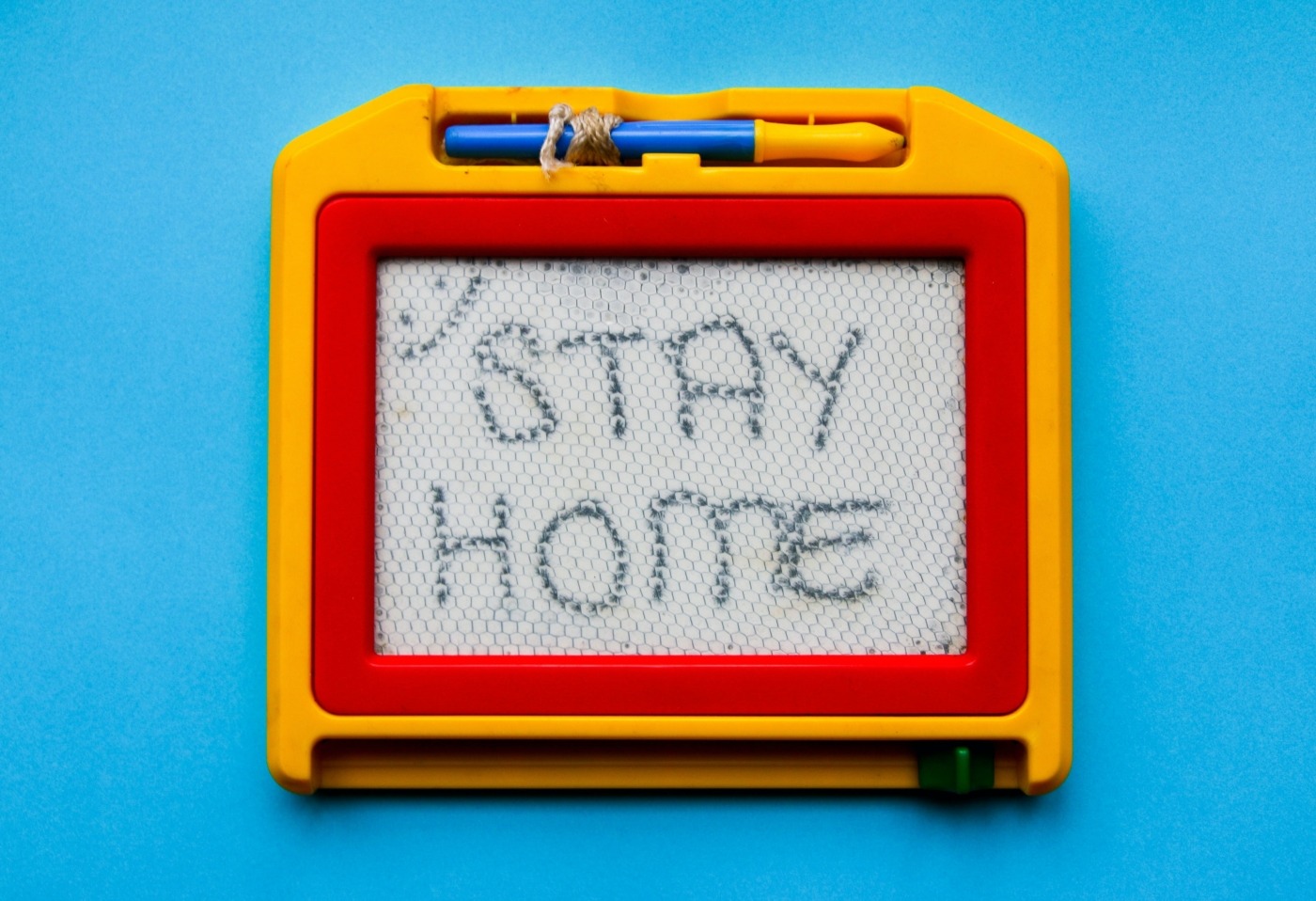Why lockdowns have not been all bad
I first started drafting this article in September 2020, after a post-lockdown summer and before the start of a new academic year – one that would hopefully make up for the lost opportunities of the previous three months. Two academic terms later, I can report that our naïve optimism was completely off the mark.
Now, it is not without trepidation that I write the following paragraphs: after all, the three national lockdowns over the past 12 months have marked more than a viral pandemic. They have marked a pandemic of isolation, frustration, fear, and grief. A pandemic of lost opportunities and dashed plans. A pandemic of unemployment, domestic abuse, and ill mental health. Lockdown has had heavy consequences for us all. Many of my friends have graduated, without me being able to say goodbye. My grandmother, always the most independent and solitude-loving, regularly speaks of loneliness and a need to see other people despite the risk to her own health.
For every single point in this article, there are many examples of people who have experienced the complete opposite of what I’m about to write about; one has just to search the internet or talk to others, for countless rehashed stories of grief, worsening mental health, social isolation, and financial precarity.
Yet no one dares mention the positives, for fear of appearing callous or self-centred. No story is ever one-sided, and no event is black-and-white. So if, like me, you have found a few silver linings in this long and gloomy tunnel, or alternatively haven’t yet considered any positives, carry on.
Like others, I have used this opportunity for introspection to think about the future and what I want in life
I feel slightly out of place, and perhaps a little guilty, in that for me lockdown has been a blessing in disguise. Contrary to others’ experiences of heightened anxiety and depression, my mental health has never been better. Without the constant bombardment of people, events, and deadlines, lockdown gave me a chance to confront my problems head-on, without the distractions of other people, and things happening all around me. It gave me the chance to be by myself. With myself. And that’s something I think a lot of us hadn’t had the chance to do in a very long time. Like others, I have used this opportunity for introspection to think about the future and what I want in life. Not what I ought to do, not even what I think would be good to do – but what I really want to do.
My mental health has improved enormously by being surrounded by those that really matter and really care – my close family and closest friends. When everything is online anyway, it doesn’t matter whether someone lives around the corner or on the other side of the world. Social contact is shifted away from those you see due to proximity and vaguely shared interests, people you see for work or through social clubs, and towards those that really bring joy and connection, the ones that think of you when you’re apart and feel your accomplishments as their own.
When everything is online anyway, it doesn’t matter whether someone lives around the corner or on the other side of the world
For those who have social anxiety, or whose friendship groups aren’t exactly the healthiest, the break offered by lockdown has been a fantastic opportunity to rest and recover, away from mentally draining temptations, peer pressure, and FOMO.
I for one have seen my family more in the last 12 months than I have in the previous three years combined – no, that’s not an exaggeration. For various reasons, including being an international student, having to be physically present on campus for lectures and exams, and generally just having a life in the UK, meant that one summer I saw my family for a total of 10 days. I know some internationals who don’t go home for the entirety of their degrees. Naturally, catching up for lost time was an unexpected delight. Combine this with the government mandate of remote working and online classes, and you get the whole family back together for more “quality time” than ever. Not everyone’s cup of tea perhaps, but a nice novelty.
Devoid of partying, clubbing and all remnants of normal uni life, my alcohol consumption has reduced drastically. Not only has that resulted in better liver and kidney function than I’ve enjoyed in years, but I’ve also made massive financial savings. These savings will be going towards long-term investments (such as buying a car in the distant future), or experiences such as holidays that will feel inordinately more worthwhile to look back on compared to a series of impulse-bought doner kebab wraps at a greasy post-POP! burger van.
Due undoubtedly to society’s newfound discovery of personal hygiene, I haven’t had a cold in 12 months. I have also gone from panic attacks almost daily to only twice in the last 12 months. I’ve reconnected with school friends who, despite having grown up with them, I had lost contact with. For the first time since the advent of social media, FOMO hasn’t been such an issue.
Looking more globally, the lockdown has heightened awareness like never before of climate change, human destruction of habitats, and endangered species protections. It has also highlighted inequality in healthcare provision, both within and between nations. The pandemic and subsequent lockdowns were not what we wanted, but perhaps what we needed.
At least, I think it was exactly what I needed.

Comments